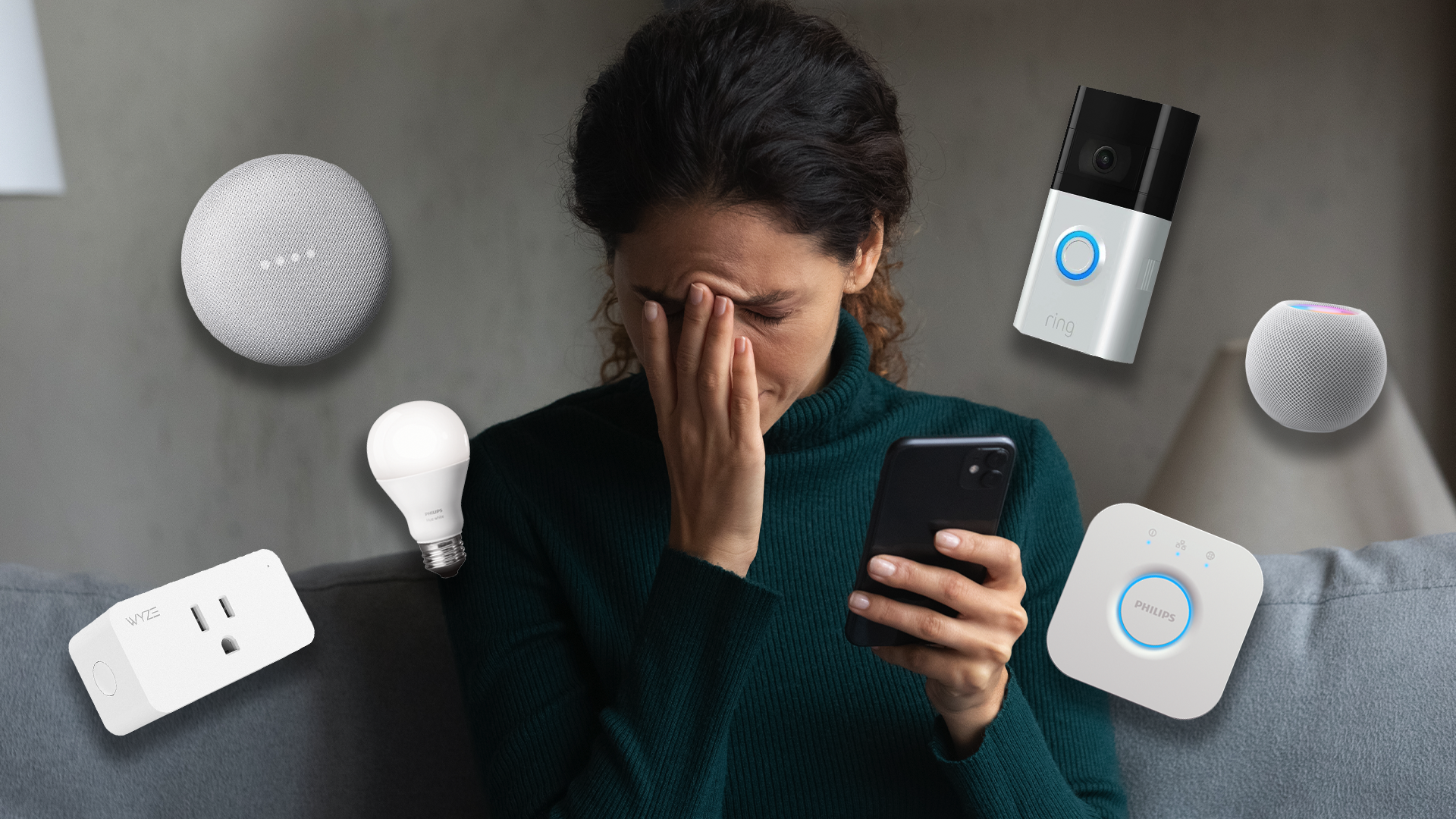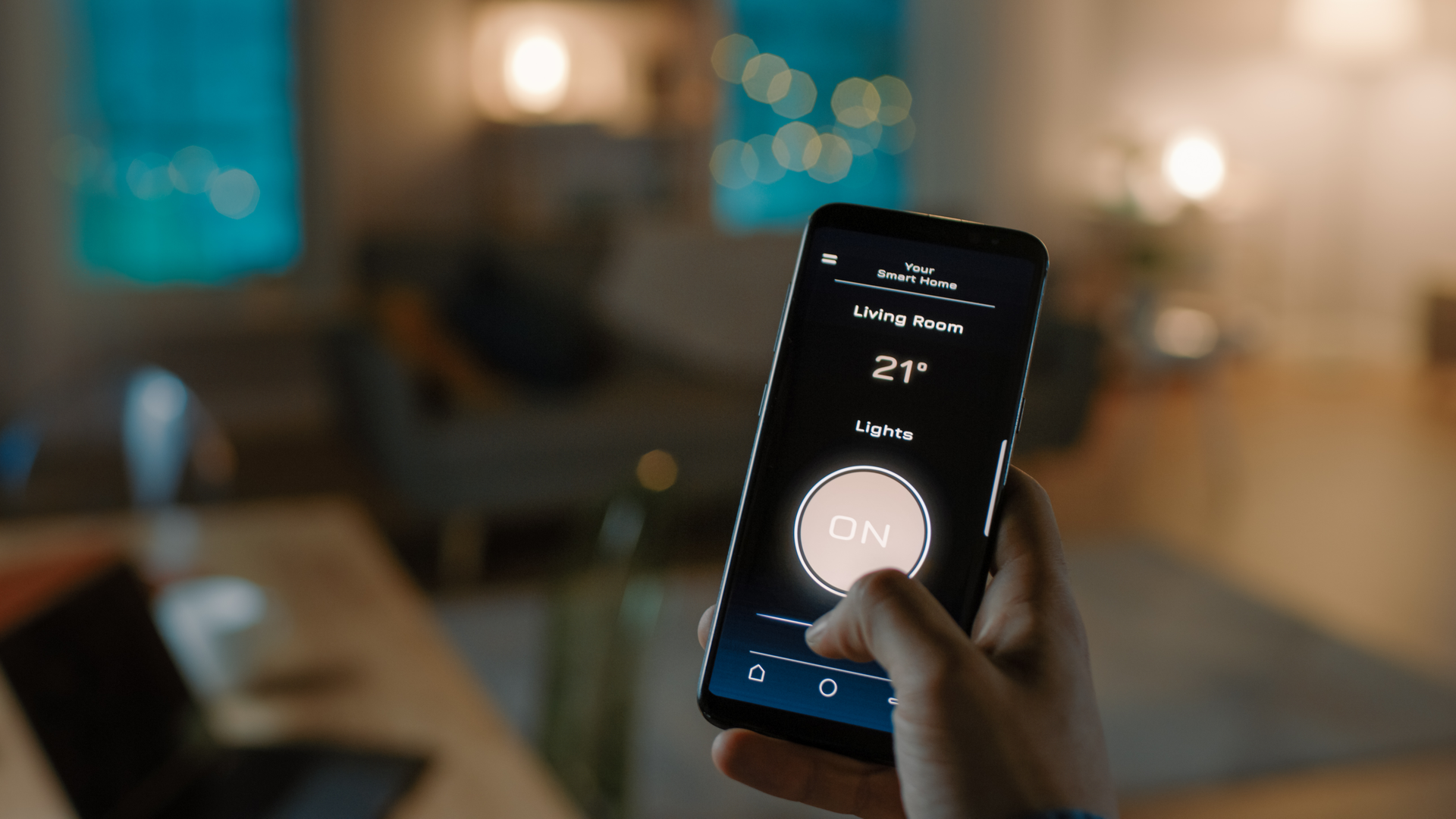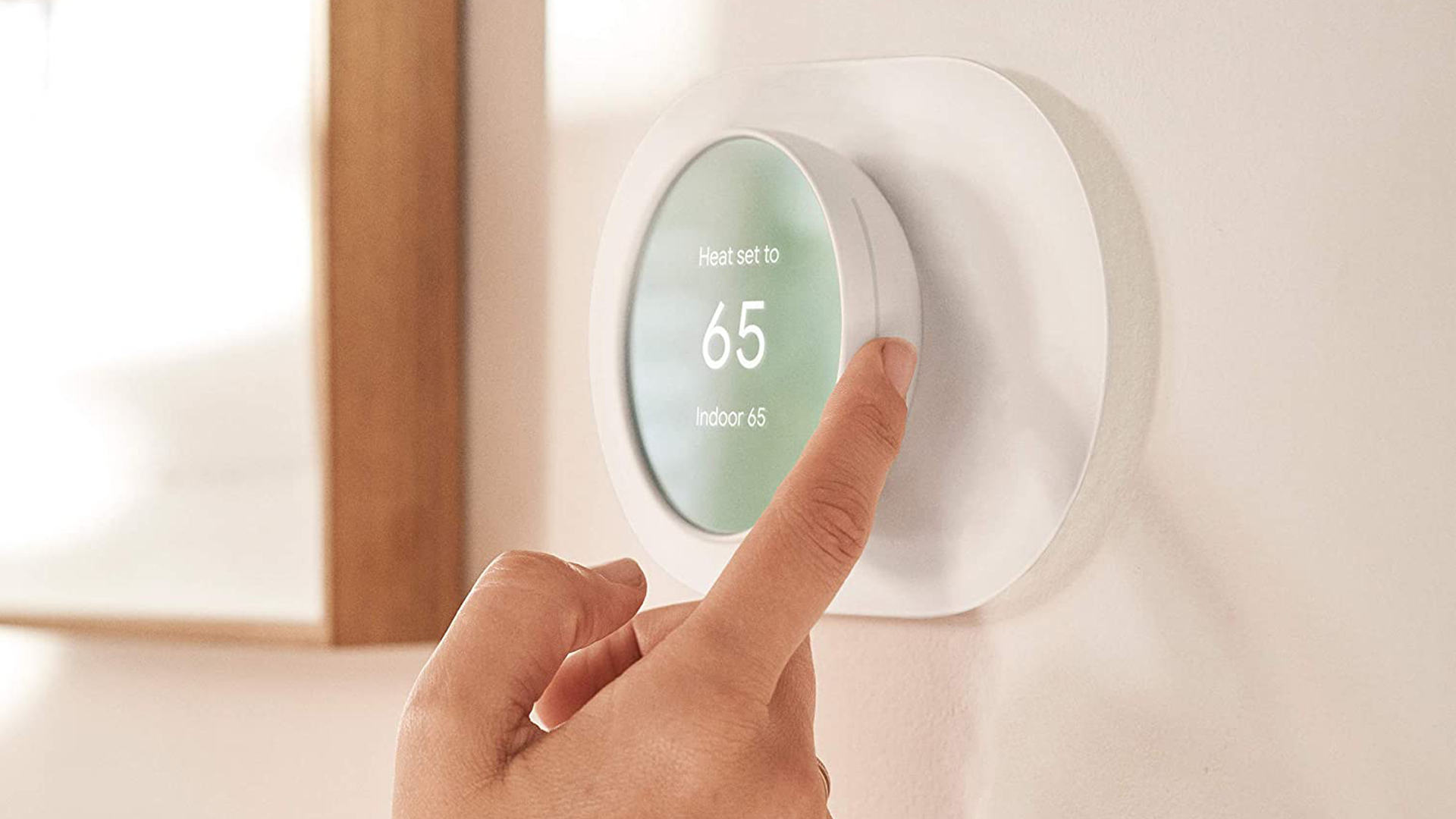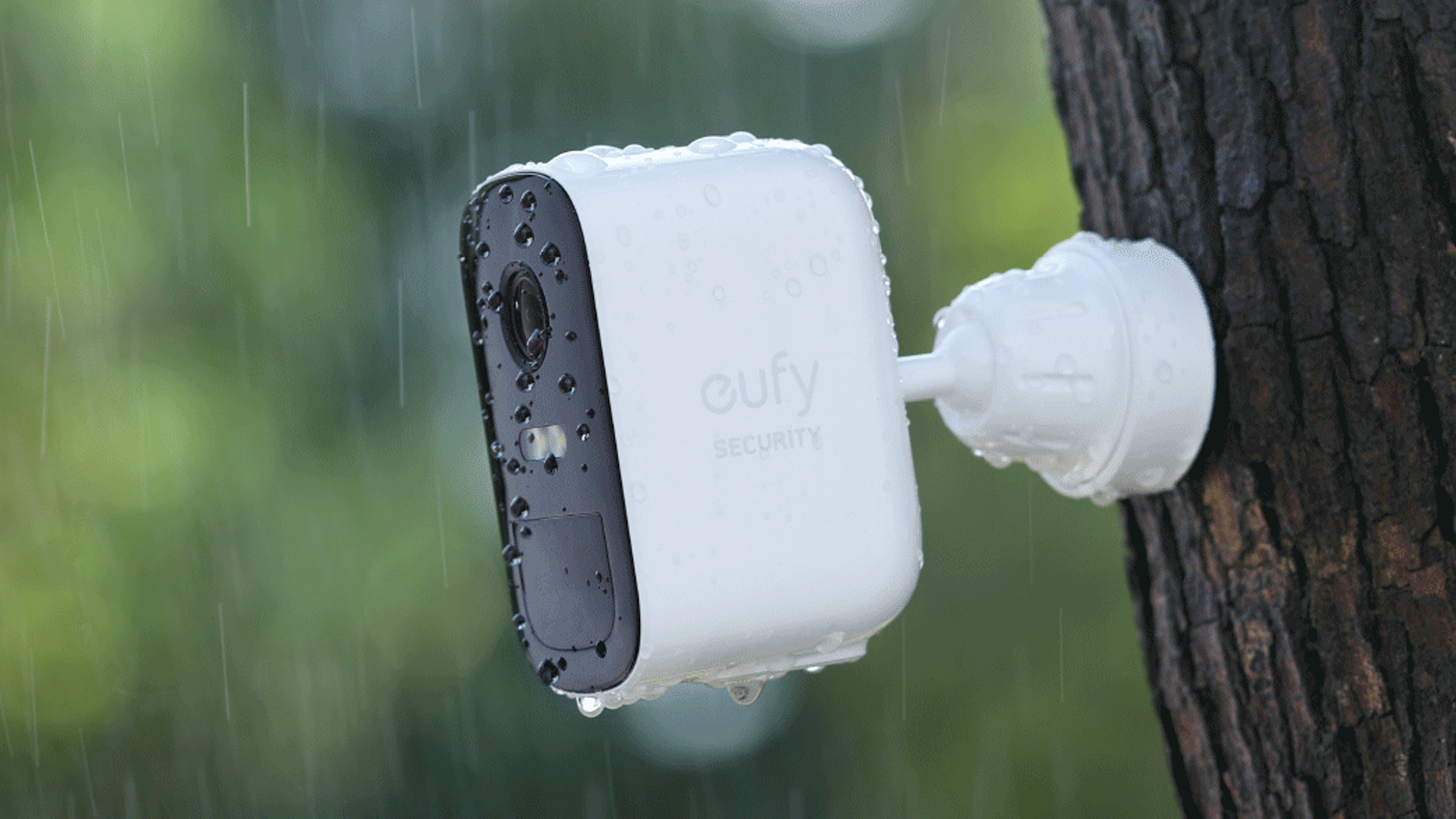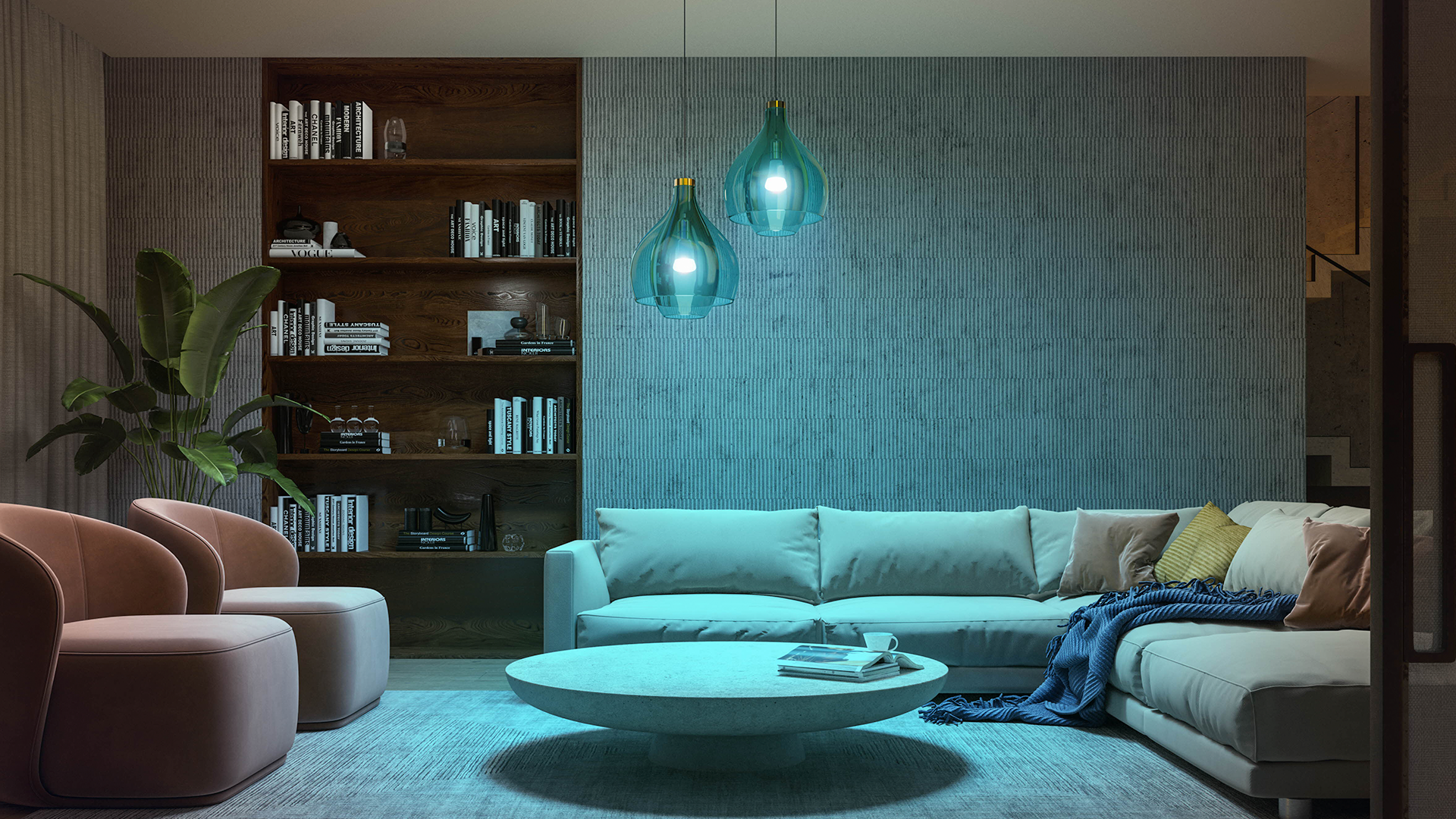Quick Links
Smart homes promise to make our lives easier. And while that promise may be genuine, it's always flanked by a great irony. Building and maintaining a smart home takes time, money, and research---it's a hassle, and for some people, that hassle can run the potential benefits of a smart home straight into the ground.
Smart Homes Are an Expensive, Frustrating Hobby
If you're able-bodied and live in a normal-sized house or apartment, a smart home is mainly a hobby or a novelty. The actual benefits are marginal. This isn't a hard and fast rule---as we'll discuss throughout this article, smart home devices can solve major problems in your life and even help you save money.
But here's the thing; building a smart home requires a bunch of time and money. You can't just buy this stuff and call it a day; smart home devices require installation, programming, constant troubleshooting, and research.
You may even find that your expensive smart gadgets need replacing. Smart home companies constantly go out of business, shut down their servers, and leave customers with broken smart devices. Heck, even big names like Amazon drop support for older products!
So, maintaining a smart home is a bit like owning a dog. Everyone loves your dog, it's super cool, but you need to treat the dog like a family member, a responsibility, or an investment. Otherwise, the dog will poop on your floor and tear up your furniture. The same goes for smart homes---you need to decide how a smart home will actually benefit you because if you're not getting anything out of it, you're not going to maintain or enjoy it.
A Smart Home Can Make Life Easier
Even with all the hassle, the time you spend building and maintaining a smart home can pay off in spades. Things like device automation, remote control, activity notifications, and voice commands are incredibly convenient and may even improve your quality of life.
Smart bulbs are probably the easiest example of this convenience. If you install smart bulbs (or smart switches) in every room, then you can control lighting across your home through schedules, voice commands, or even external factors, like motion detectors or the weather.
Of course, smart bulbs offer more convenience to some people than to others. If you're physically disabled, have children, or live in a big home, the ability to control any light from anywhere is a godsend. Installing smart bulbs in a small apartment is a cool novelty, but the convenience factor is small when compared to the previous situations.
You can take the smart bulb example and apply it to other products. Smart garage door controllers, for example, save you from worrying if your garage is open. And a smart doorbell can not only record guests, but alert you when they're at the door and let you speak through an intercom system. These are useful features, but for some people, they're no more convenient than doing things the old-fashioned way.
Now, some smart home products are more universal than others. A smart plug should be convenient to nearly everyone, as it adds scheduling, remote control, and automation features to any outlet in your home.
But convenience isn't the only reason to invest in a smart home. In fact, saving money or increasing home security are usually a much better trade-off for the hassle of programming and maintaining smart devices.
Smart Devices Could Help You Save Money
We waste a ton of money on water and electricity. Not because we're lazy or absent-minded (although that's probably part of it), but because we can't live a normal life while obsessing over outlets, faucets, lights, or windows.
The automation provided by smart home devices can, over time, save you a ton of money on water and electricity bills. Smart thermostats are the most well-known money saver, as they can automatically reduce your A/C or heat usage when you're away from home. They can even phone in to the electric company, figure out peak usage hours (when electricity is most expensive), and avoid working within those hours.
But smart thermostats aren't the only money-saving automation tool. Smart bulbs and smart plugs obviously have the potential to reduce energy usage (some even measure how much money you save), and notably, smart blinds can automatically open or close to maintain certain temperatures within your home.
Things get even more interesting when you factor in water sensors. These smart devices tell you how much water you're using, give you tips on reducing usage, and can even detect the early signs of a leak.
Now, unless you're completely irresponsible with your electric or water usage, immediate savings from something like a smart thermostat are quite small. But over time, these products can pay for themselves.
And for Home Security, Smart Cameras Are a Must
Building a home security system is cheaper and easier than ever before, and it's all thanks to smart home devices. A handful of inexpensive smart cameras and a smart doorbell can go a long way---they detect and record motion, they have built-in intercom systems, and they can even sound loud alarms at the press of a button.
Some smart home brands even offer a security package with their cameras. This package usually includes small motion detectors, extra software features, and access to a team of live human beings who can alert you and the authorities to unusual activity.
You don't even need to buy cameras to get some of these benefits. Amazon's Echo smart speakers come with a free feature called Alexa Guard, which can notify you if Alexa hears broken glass (and turn smart lights on and off when you're away from home). For $5 a month, Alexa Guard will even bark like a dog or sound a siren if it thinks there's an intruder.
Smart locks and deadbolts are also part of this equation, though unless you're super forgetful, a smart lock won't necessarily make your home "more secure." It'll let you remotely lock your door or enter your home without a key, for sure, but a smart lock won't catch a crook or keep someone from busting your windows open.
To be clear, professional security services are usually more robust than what you can hack together with smart cameras. But if you're working on any kind of budget, smart home security systems just make sense.
The only drawback, aside from the usual hassles of maintaining a smart home, is that smart cameras aren't always secure. They can be hacked, and unfortunately, some companies do not take this threat seriously.
Should You Invest In a Smart Home?
Building a smart home means taking on a new hobby with new responsibilities. You have to install, program, maintain, and occasionally replace these devices. And such a hassle isn't always worth the trouble.
But most people could use smart home products to improve their lives, save money, or increase their home security. If you can see a find way to reap these benefits, a smart home is absolutely worth the hassle. You may even feel proud of your smart home---it takes care of you, and you take care of it.
I'm not saying that smart homes should be boring and dorky. If you want to buy smart bulbs for the novelty, that's awesome, I've done the same thing. And if you love tinkering but won't "benefit" from a smart home, this stuff can still improve your quality of life. It truly is a hobby.
Those who are on the fence about smart homes should just start small. Buy a Nest, Alexa, or HomePod smart speaker and just start playing with it. Use it to set timers and reminders, stream music, or look up information. Then, start researching smart bulbs, plugs, or cameras and go from there.

